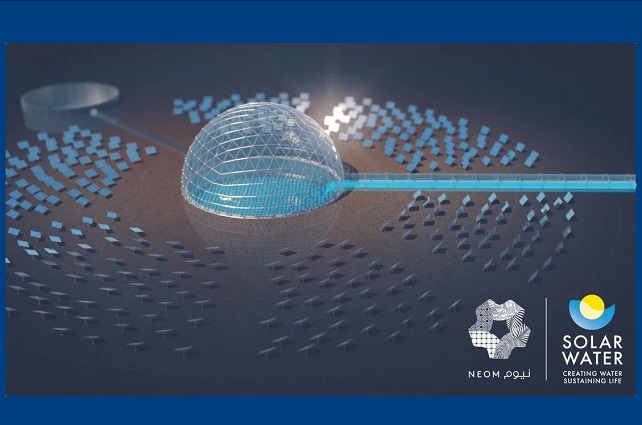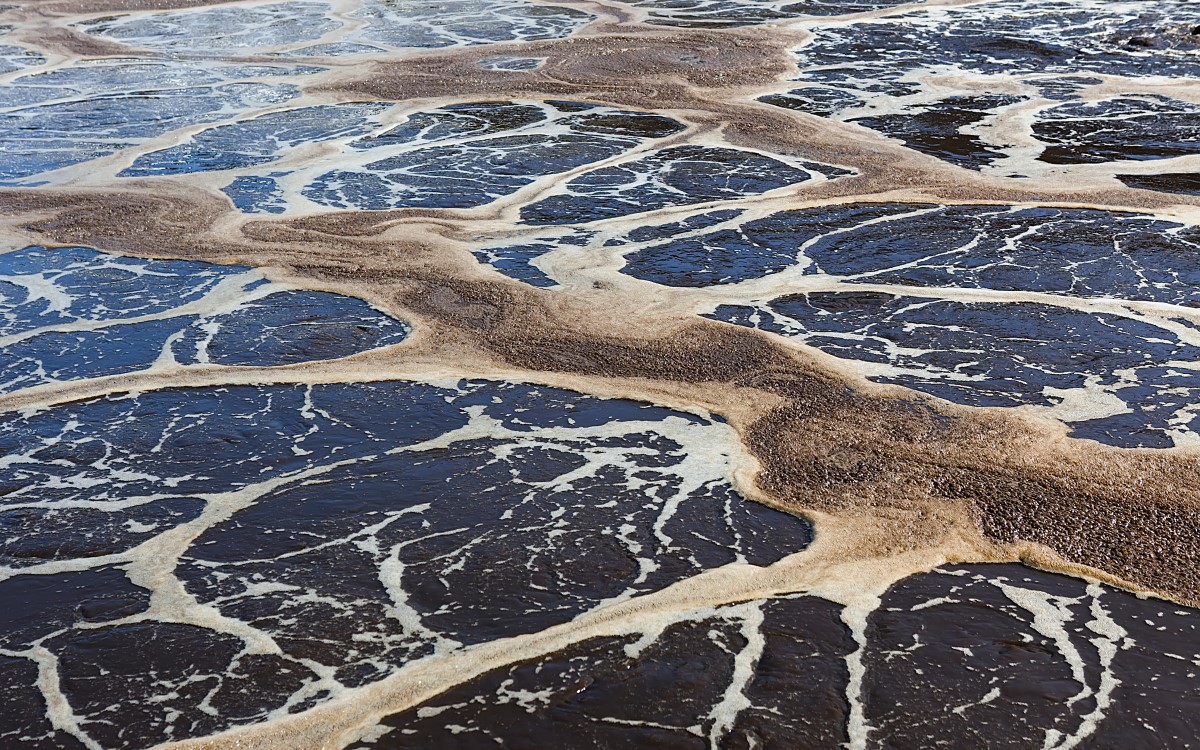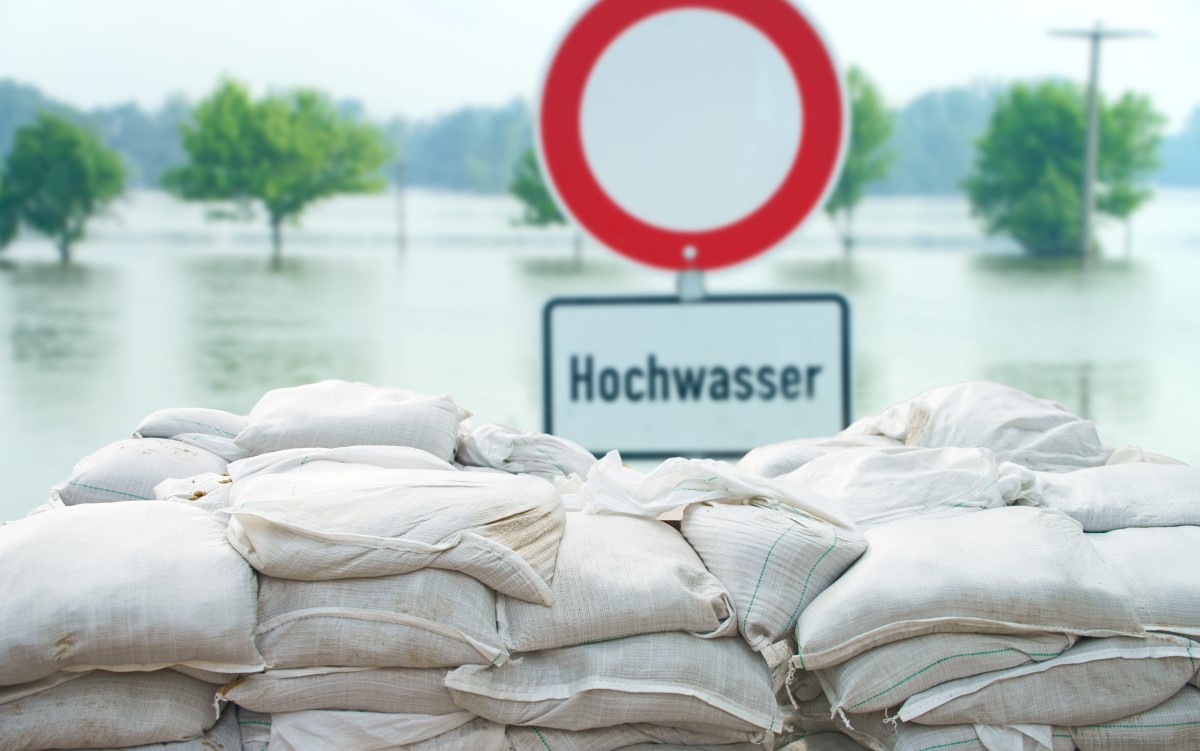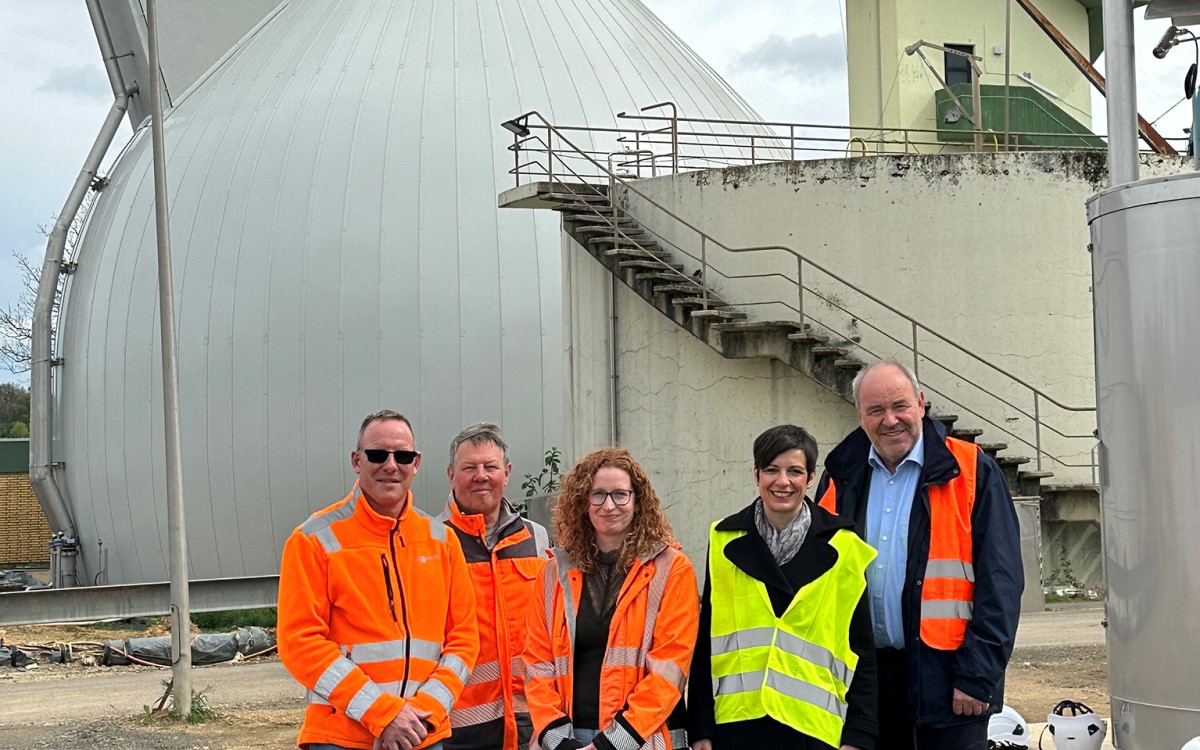At an estimated $0.34/m3, the cost of producing water via solar dome technology will be significantly lower than desalination plants using reverse osmosis methods. The technology will also significantly reduce the impact on the environment by producing more concentrated brine, a potentially harmful byproduct of the water extraction process.
Commenting on the project, H.E. Abdulrahman Al-Fadli, Saudi Arabia’s Minister of Environment, Water and Agriculture, said: "Neom’s adoption of this pilot supports Saudi Arabia’s sustainability goals, as outlined in the country’s National Water Strategy 2030, and is fully aligned with the sustainable development goals set out by the United Nations."
Low cost, sustainable fresh water through solar desalination
Nadhmi Al-Nasr, CEO of Neom, added: "Easy access to abundant seawater and fully renewable energy resources means Neom is perfectly placed to produce low cost, sustainable fresh water through solar desalination. This type of technology is a powerful reminder of our commitment to supporting innovation, championing environmental conservation and delivering exceptional livability. Working together with the Ministry of Environment, Water and Agriculture we can expand the implementation of this technology beyond Neom."
Concentrating Solar Power (CSP)
Solar Water’s ground-breaking approach, developed at the U.K.’s Cranfield University, represents the first use, on a large scale, of Concentrating Solar Power (CSP) technology in seawater desalination. The process sees seawater pumped into a hydrological "solar dome" made from glass and steel, before it is superheated, evaporated and eventually precipitated as fresh water.
The "solar dome" desalination process, which can also operate at night due to the stored solar energy generated throughout the day, will reduce the total amount of brine that is created during the water extraction process. Typically, the high salt concentration in brine makes it more difficult and expensive to process. The solar dome process helps prevent any damage to marine life as no brine is discharged into the sea.
With over one billion people around the world lacking access to clean water every day, Neom’s solar desalination project will serve as a test case for other water scarce countries that are struggling to generate environmentally safe and sustainable sources of fresh water.
David Reavley, CEO of Solar Water Plc, commented: "Currently, thousands of desalination plants around the world are heavily reliant on burning fossil fuels to extract water, poisoning our oceans in the process with excess brine. Our game changing desalination technology is 100% carbon neutral and entirely sustainable. In Neom we have found a partner who has a strong vision of what a New Future looks like in harmony with nature."
About NEOM
Neom, the flagship project of Saudi Arabia’s post-oil diversification plan, is being built on a 26,500 km2 area in northwestern Saudi Arabia. It is a region in northwest Saudi Arabia on the Red Sea being built from the ground up as a living laboratory – a place where entrepreneurship will chart the course for a New Future.
Neom will be the home and workplace to more than a million residents from around the world. It will include towns and cities, ports and enterprise zones, research centers, sports and entertainment venues, and tourist destinations.








